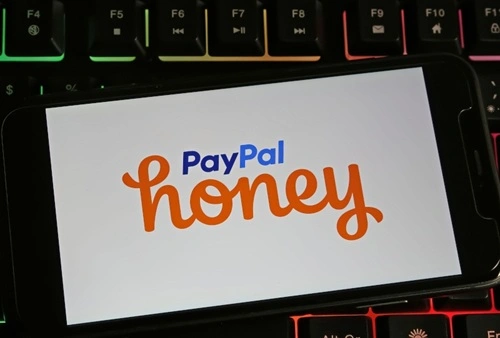See, before this Honey Extension Lawsuit or scam became a big thing and everybody knew about it, there were a lot of people already saying that the Honey service is not that useful, and most of the time, it is just useless. But still, a lot of influencers out there kept promoting it, and now the nasty truth about it is right in front of everybody. In this case, Honey was actually scamming those who were promoting it. Can you even believe that? That is why it is a big thing, and we must talk about it. Let’s go over the details of this case and see what went down and what this is all about.

What Is Honey and Why Was It So Popular?
Initially, Honey is a browser add-on that you can install on Firefox, Chrome, or any other browser. Basically, the function that it performs is to provide you with promotional coupons while you shop on the net. Suppose you were going to buy something, and Honey went ahead and did the job of finding a discount code without you even knowing. Then, at the time of your purchase, it will automatically use that code to give you the discounted price. Very easy.
This feature was the reason Honey attracted millions of users almost instantly. One of the main ways it got exposed was through the top YouTubers like MrBeast, MKBHD, and LegalEagle, who were promoting it extensively. With the creators supporting it, the app got a lot of trust. The result was that even PayPal saw it as, you know, a move which led to PayPal buying Honey in 2020 for $4 billion. Absolutely, a “B” billion.
What’s the Issue Now?
This is where things start to take a turn.
Near the end of 2024, a YouTuber from New Zealand called MegaLag put out a video explaining “shady practices” that he thought Honey was doing. One of the things he alleged was that Honey was tampering with the affiliate links, which means that they were taking the money that is meant for the content creators without their knowledge. Let’s figure out how that goes first.
How Do Affiliate Links Work?
Whenever a creator shares a product link in the description of the video, that link is usually accompanied by a tracking code. If an individual clicks on it and purchases the product, the creator is given a small percentage of the sale. It is a major and quite usual method by which creators get income from the internet.
Now, as per the accusations, the issue is as follows: In case a user clicks on the affiliate link of a YouTuber and goes to the store, Honey would allegedly change the original link and put its own. So the transaction is still carried out, but the money goes to Honey (and then to PayPal), not to the creator. That is the reason why the whole drama got off the ground.
Who Filed the Lawsuit and Why?
After the video gained traction, one creator decided to take legal action.
LegalEagle (Devin Stone), a new media personality who is also a practicing lawyer, sued PayPal on behalf of consumers in January 2025. The gist of the claim is that the software Honey is taking money from the creators of content without their knowledge by way of affiliate commissions.
As stated in the lawsuit, Honey is compared to a “silent parasite” in the browser. After the installation, it discreetly changes the affiliate links to get the commissions for itself. According to LegalEagle, the action described is not only immoral but also against the law, particularly when these changes are made without notifying users and content creators.

